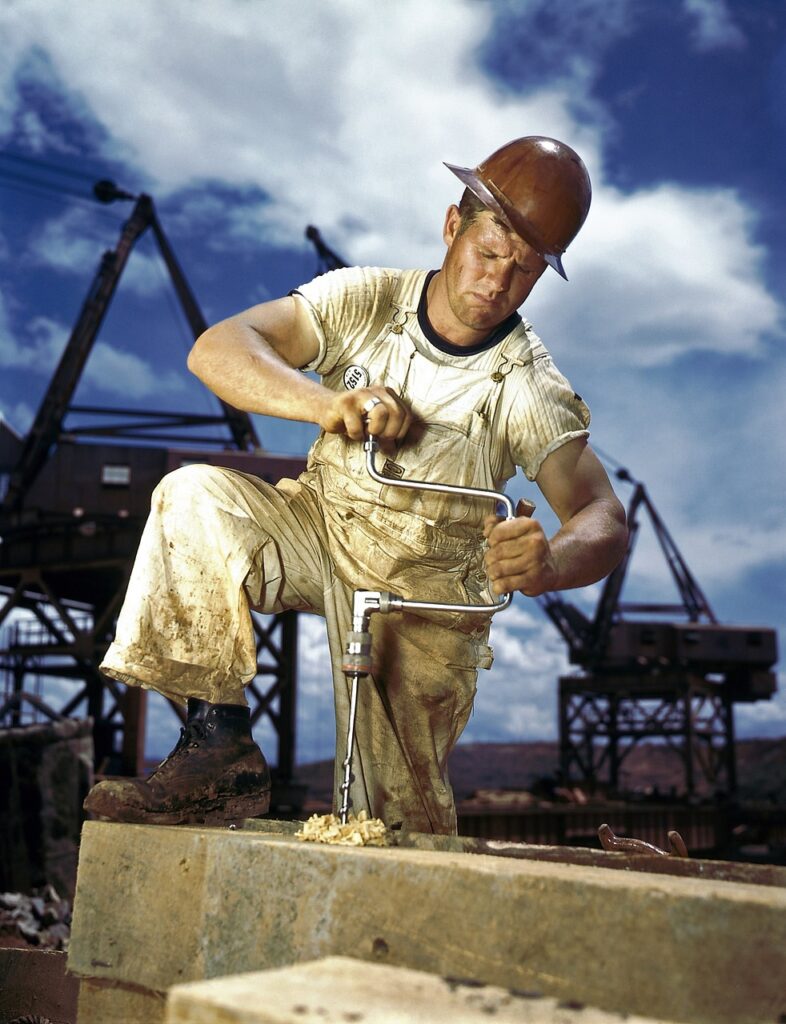Small jobs handyman services cover a wide range of tasks that many homeowners find too small or inconvenient to tackle alone. From fixing leaky faucets to repairing broken doors, these professionals handle routine maintenance and minor repairs efficiently.
A small jobs handyman can save time and prevent bigger problems by addressing small repairs quickly and professionally. This makes them a valuable resource for maintaining the overall condition of a home.
People often underestimate how these small fixes add up to the smooth operation of a household. Hiring a handyman ensures these issues don’t escalate and keeps homes functioning well without the need for costly interventions.
Essential Small Jobs Handyman Services
Small jobs handymen handle a variety of tasks that keep homes functional and safe. These services often address quick fixes, installations, and delicate woodworking to improve everyday living without requiring specialized contractors.
Home Repairs and Maintenance
Home repairs address common issues like leaking faucets, wall cracks, or faulty door locks. Handymen quickly assess the problem, prepare necessary materials, and perform repairs with tools suited for residential environments. Regular maintenance, such as gutter cleaning or filter replacement, helps prevent bigger issues.
Prompt attention to minor repairs reduces the risk of damage escalation. Handymen often check related systems, such as inspecting surrounding pipes when fixing a leak, ensuring a comprehensive solution. This service saves homeowners time and avoids costly future repairs.
Fixture Installation
Fixture installation includes mounting items like shelves, curtain rods, light fixtures, and bathroom accessories. Precise measuring, securing anchors, and selecting proper hardware ensure stability and functionality. Handymen adapt to various materials, from drywall to tile, minimizing surface damage.
Safety is a priority when dealing with electrical or plumbing-related fixtures. For example, installing a ceiling fan requires balancing and secure wiring. Proper installation guarantees durability and prevents accidents caused by loose or faulty fixtures.
Minor Carpentry Work
Minor carpentry involves repairing cabinet doors, fixing squeaky floorboards, and building custom storage units. Handymen use saws, hammers, and drills to complete tasks requiring exact dimensions and smooth finishes. Adjustments are made to ensure seamless integration with existing structures.
This work enhances both appearance and utility. For example, repairing trim not only improves aesthetics but also protects walls. Handymen often customize solutions, such as fitting shelves in awkward spaces, to meet specific homeowner needs.
How to Choose the Right Small Jobs Handyman
Selecting a handyman involves careful assessment of both their qualifications and pricing. Attention to experience and clear cost expectations help ensure the work meets quality standards without unexpected expenses.
Evaluating Experience and Credentials
A handyman’s experience is crucial for reliable results in small jobs. Look for a provider with several years of work in the specific repair or maintenance tasks needed.
Verify licenses or certifications relevant to local regulations. These credentials indicate adherence to safety and professional standards.
Ask for references or examples of past work, especially projects similar to yours. Positive feedback from previous clients adds trustworthiness.
Insurance coverage is important to protect against liability or accidental damage during the job.
Comparing Service Pricing
Price quotes should be clear and itemized. Compare estimates from a few handymen to gauge what is reasonable for the required tasks.
Be cautious of unusually low bids which may cut corners on quality or materials.
Some handymen charge hourly rates, others flat fees; understanding the pricing model helps avoid unexpected costs.
Request details about what is included, such as travel fees, materials, or cleanup. Transparent pricing prevents misunderstandings later.
